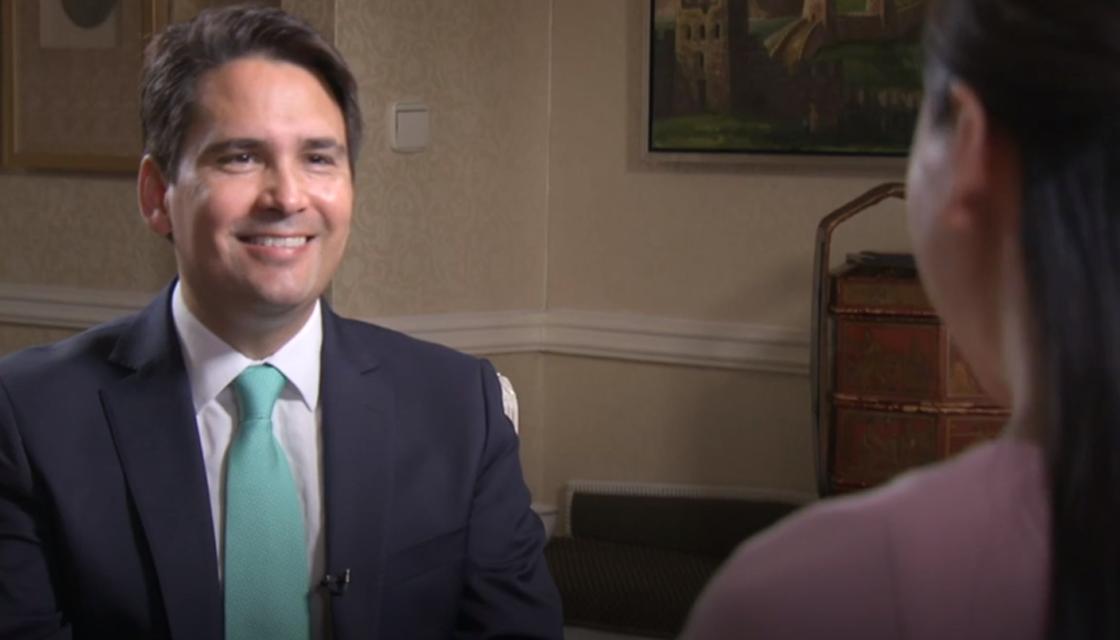An article on Politik on Monday under the heading “Bridges uses the Zero Carbon Bill to redefine National” made for very interesting reading. Perusing the information in the article was like putting the pieces of a jigsaw together.
According to Richard Harman, the decision by National to support the Bill, is the end of a long process of debate within the party, which points to a fundamental realignment of its policies and values. Harman says Bridges has both encouraged and endorsed that debate and its outcomes and there is little doubt that the decision to back the Bill was the one he wanted. Bridges, who Harman says by nature is a bit of a nerd, understands climate change and was at the Paris Summit. According to Politik, Bridges has allowed his party to begin to become an urban-based liberal party.
Harman says National chose Scott Simpson, Erica Stanford and Nicola Willis, all of whom are identified with the liberal wing of the party, to lead the Zero Carbon Debate. He says a change like National’s has many fathers and three MPs played a crucial role; Nick Smith, Scott Simpson and Todd Muller. Harman says what National clearly said on Thursday, was that this was the new National Party. One other interesting point Harman made was that Judith Collins is not identified with the liberal wing of the party. He says she is the polar opposite.
There were five principles that National would require to be met if it was to support the Bill.
They were:
- They wanted a pragmatic, science-based approach to tackling climate change.
- Innovation and technology would be crucial to meeting any target.
- The incentives needed to be right to drive long-term changes rather than imposing short-term shocks.
- New Zealand must act, but never in isolation.
- We must always consider the wider impacts on the economy – on jobs and incomes for New Zealanders.
So what to deduce from all of this. First, it is patently apparent that the hierarchy of the National Party are in agreement with Bridges and want him as leader. He will be the leader going into the next election. National, it would seem, has a fear of not attracting the younger voter and particularly voters in the urban areas. It is now also obvious why National were so keen to parachute Christopher Luxon into Botany. Where this change in focus leaves those in the farming sector, traditionally National voters, is a good question.
There is now a widening gap on the right between National and ACT. ACT is now a viable option for those who are unhappy with the direction the National Party has decided to take. Many of David Seymour’s recent comments will resonate better with some on the right than those coming out of National. I am personally unhappy that National has decided to undertake this change of direction in this manner, rather than present an independent set of policies to the electorate next year.
Other voting options are the New Conservatives and the Sustainability Party. Vernon Tava is going to target the moderates who vote for the loopy Greens. We now have an environmental party minus the communist socialist agenda.
Here is my perfect scenario. Judith Collins joins ACT which is looking more and more like her natural home. ACT immediately garners at least five per cent support. Tava gets enough green votes, hopefully five per cent, to tip them out. Winston fails to get back. National, ACT and the Sustainability Party form a Coalition.
We are allowed to dream, aren’t we?

